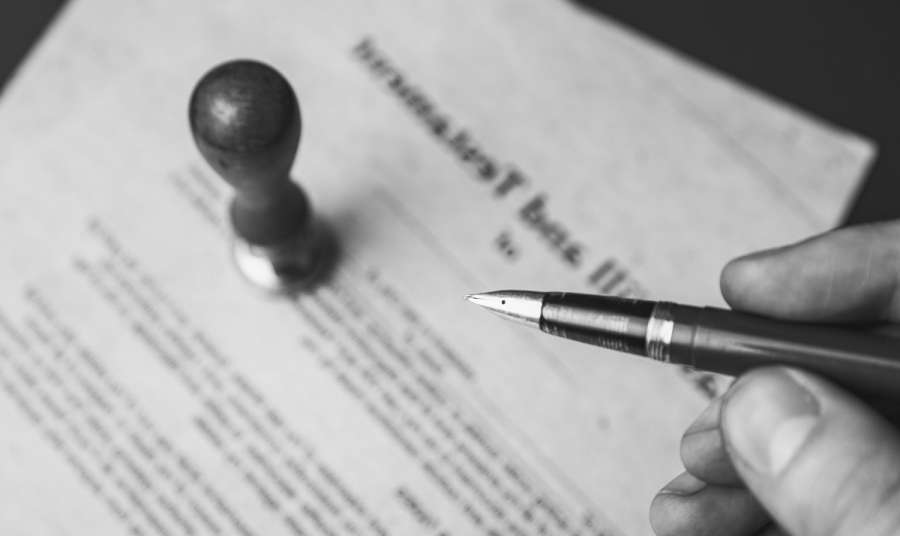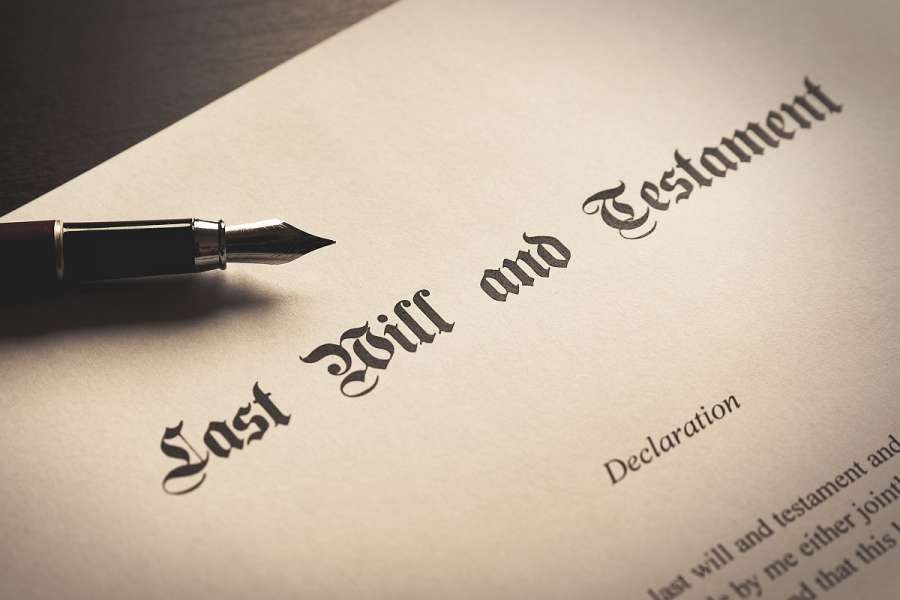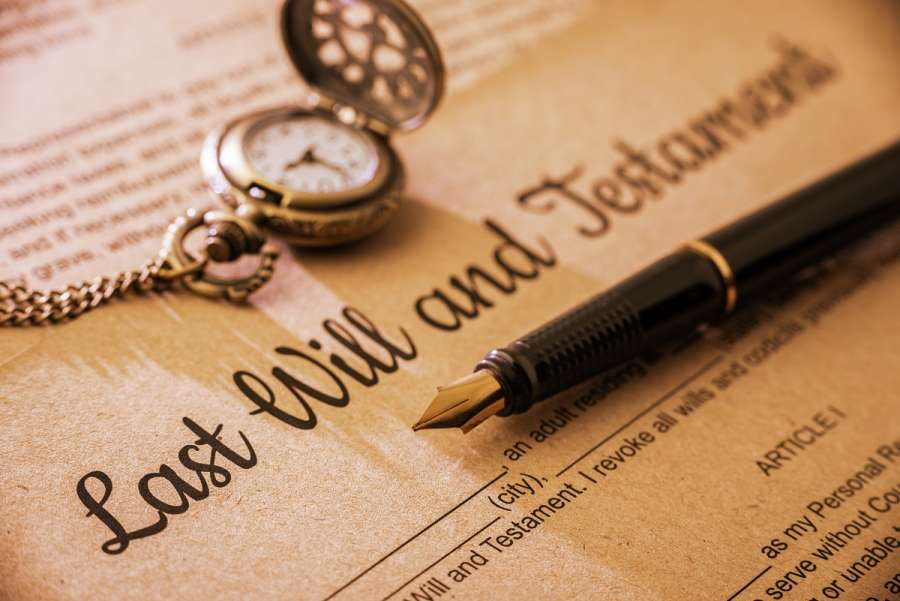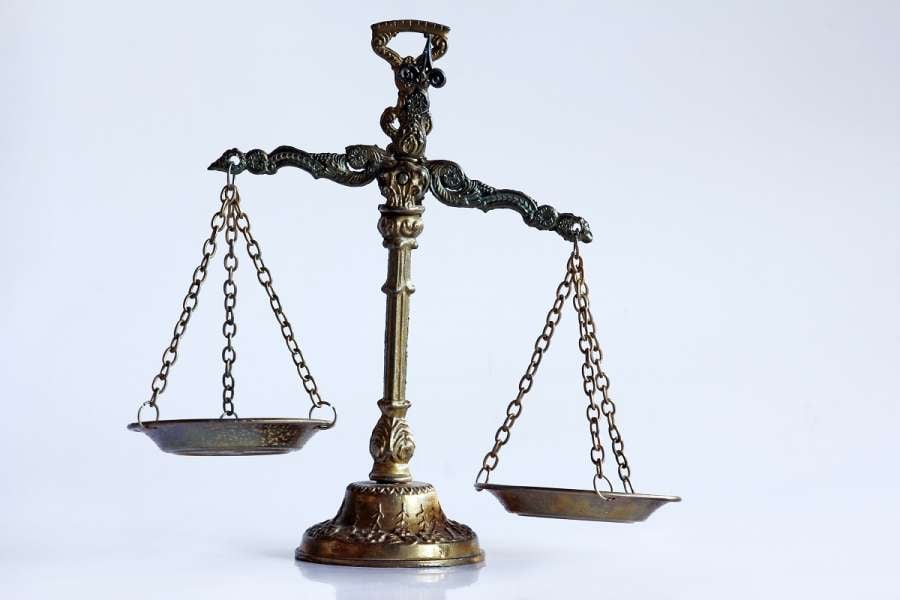Fail to Account for Future Change
Mutual Wills can usually be changed by agreement while both parties are still alive and retain mental capacity, but once one of the parties dies, the surviving party cannot change their Will.
The challenge is that the surviving party's circumstances may change over time, and they may wish to update their Will to reflect their changing relationships.
This is particularly likely to be the case if there is a long period of time between the death of the two parties.
Risk of disputes
Mutual Wills can also result in an increased likelihood of Will and estate.
The beneficiaries of the Will or family members excluded from the Will may look to dispute the Will if they believe it produces an unfair result.
These types of disputes are often costly, lengthy and can cause emotional distress and damage relationships between surviving family members.
Testamentary Freedom
The principle of testamentary freedom is fundamental to the law of England and Wales. It refers to an individual's right to dispose of their assets as they wish upon their death.
Mutual Wills limit this freedom for the survivor in the couple, and they will remain bound by the terms of the Mutual Will even if their wishes have changed, which can be frustrating.
Uncertainty Regarding Rights
Depending on how they are drafted, Mutual Wills may result in the surviving party struggling to access or manage certain assets independently, as the Will may impose restrictions.
There can also be uncertainty as to how assets acquired by the survivor after the death of the first spouse are treated, and therefore careful accounts and administration of the assets in the estate will be required, which can be restrictive and cumbersome.






